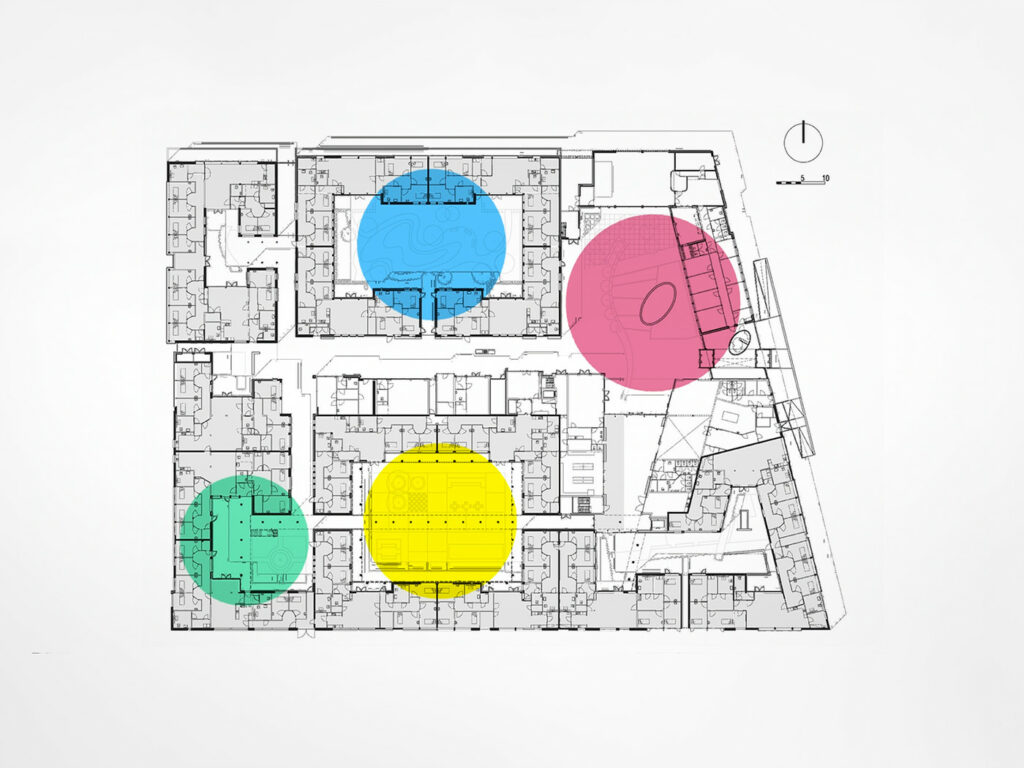#memory-care
#memory-care
[ follow ]
#alzheimers #dementia #senior-living #long-term-relationships #caregiving #dementia-care #geriatric-care
fromBusiness Insider
3 weeks agoI'm still working at 80 to help my family with medical bills. Caregiving has brought me closer to my grandkids, but I don't think I'll retire.
I was considering retiring after I turned 80, but the cost of geriatric care is high. My sister and ex-wife both require care. My sister is in full-time memory care, and my ex-wife has needed more care over the past two years after a dementia diagnosis, so I decided to keep working. I'm trying to help support them, whether it's paying the care facility directly or paying them to provide some support or outside nurses.
Public health
Healthcare
fromWashingtonian - The website that Washington lives by.
2 months agoRedefining Dementia Support: How Kisco's Heirloom Memory Care Restores Dignity, Joy, and Purpose - Washingtonian
Heirloom Memory Care delivers Montessori-inspired, research-based dementia care focused on purpose, individualized routines, family involvement, and caregiver empowerment.
fromAlleywatch
4 months agoNeura Health Raises $11.4M to Address the Critical Neurologist Shortage Affecting 145M Americans
The US healthcare system's capacity crisis has reached a breaking point in neurology, where 145 million Americans with chronic neurological conditions face average wait times of 4-6 months to see a specialist, if they can find one at all. This shortage isn't just an inconvenience; it's forcing millions to cycle through emergency departments, endure preventable suffering, and watch treatable conditions worsen while they wait.
Healthcare
[ Load more ]







